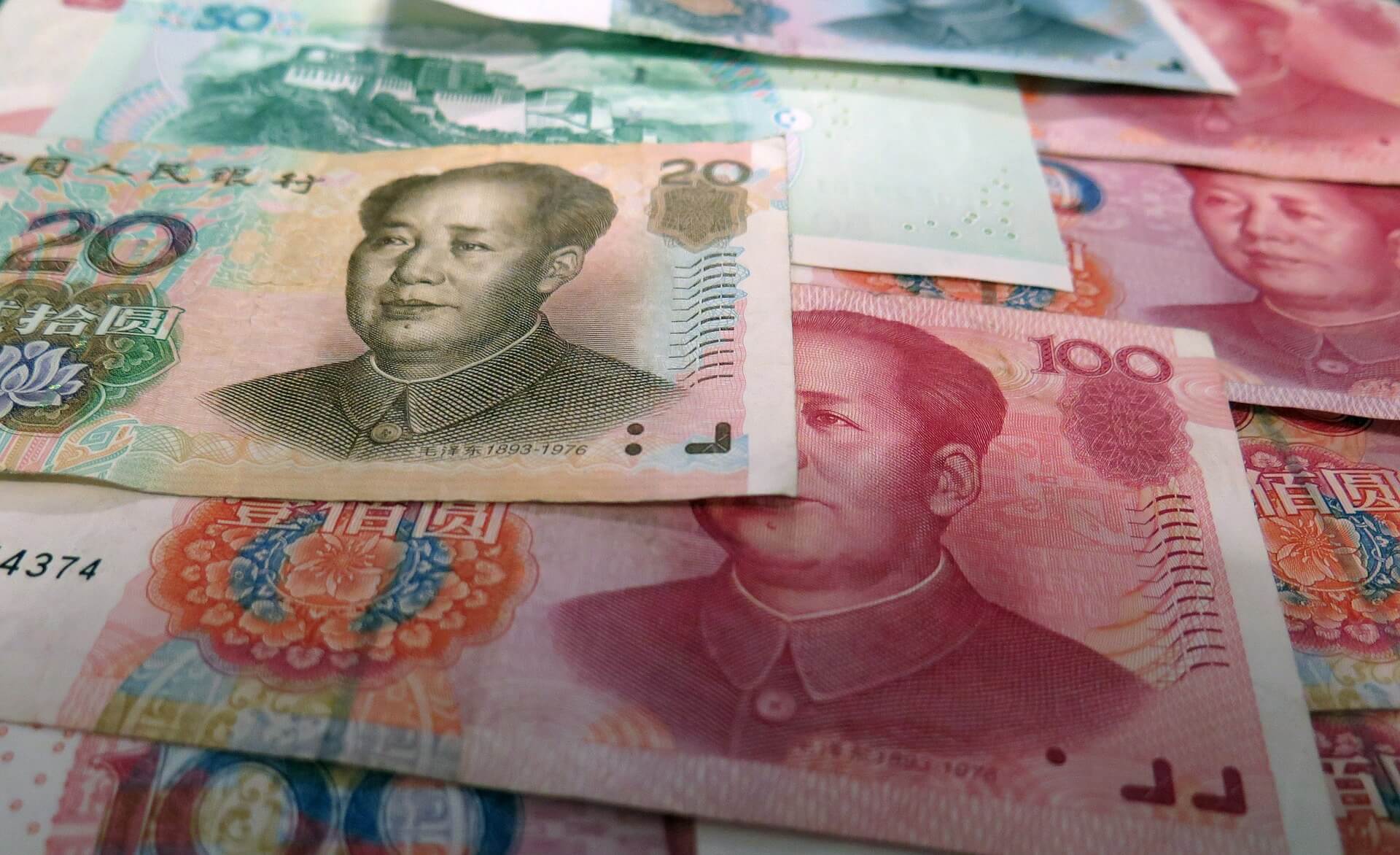Yuan Down as Trump Accuses China of Breaking Commitments

At the beginning of the week, President Donald Trump announced tariffs on Chinese imports would increase from 10% to approximately 25%, which deflated any optimism the market had been experiencing regarding the trade talks.
This led to analysts taking a bearish outlook on the yuan. The market experienced a slight improvement in sentiment after China announced they would still be attending the talks. However, it was short-lived.
On Wednesday, President Trump accused China of breaking their commitments and stated tariffs would be going up on Friday as talks were progressing too slowly.
Based on these announcements, the number of investors shorting the yuan rose to the highest level since the middle of December.
China Denies Accusations
China denied President Trump’s accusations, with Gao Feng, spokesman for the Commerce Ministry, stating that the country valued trustworthiness and “keeps its promises.” He further went on to state that it was natural for both parties not to agree on everything and that sending the delegation to Washington proved China was sincere.
However, President Trump stated that he would not back down from increasing tariffs until China stopped cheating U.S. workers.
Gao Feng responded by saying that he hoped the U.S. would meet China halfway but that China was not willing to give in to pressure.
Global Economic Effects of U.S. – China Tensions
Despite assurances from China that they are prepared to deal with any backlash from increased tensions in the trade talks, Chinese share markets have experienced a decline.
The CSI300 index has dropped by about 7%, compared to the S&P 500, which only exhibited a decline of 2%. The yuan has also hit its lowest point in 4 months, as it’s trading at 6.8 against the dollar.
It’s clear that investors and analysts aren’t quite as confident in China’s ability to weather the storm, should it occur.
However, it should be noted that China has maintained a steady rate of growth in their economy, even though matters have been problematic for exporters.
China saw a decline of over 13% in their exports to the U.S. in April, based on this week’s data release. However, imports from the U.S. declined by 26%.
According to Nelson Dong, a senior partner at the Dorsey & Whitney law firm, companies and agricultural producers in the U.S. have been demanding that the two countries reach an agreement that would ensure neither side would resort to using tariffs against each other. Their requests have been ignored and some analysts believe the result will be a global economic crisis that will result in many companies and individuals suffering in both countries.
The far-reaching effects of the tense trade talks became clear as stocks declined on a worldwide scale for the fourth session in a row on Thursday. There’s a clear lack of appetite for risk, which has resulted in these losses.
Thus, the Shanghai Composite closed 1.5% lower, while the Nikkei 225 declined by 0.9%. Stocks in Europe also experienced losses as the Euro Stoxx 50 dropped by approximately 1%.
Despite mixed results in the previous sessions, Dow futures lost 0.8% or 207 points, while S&P 500 futures declined by 23 points, representing a loss of 0.8%. Nasdaq 100 futures were down by 0.9%, or 72 points.

